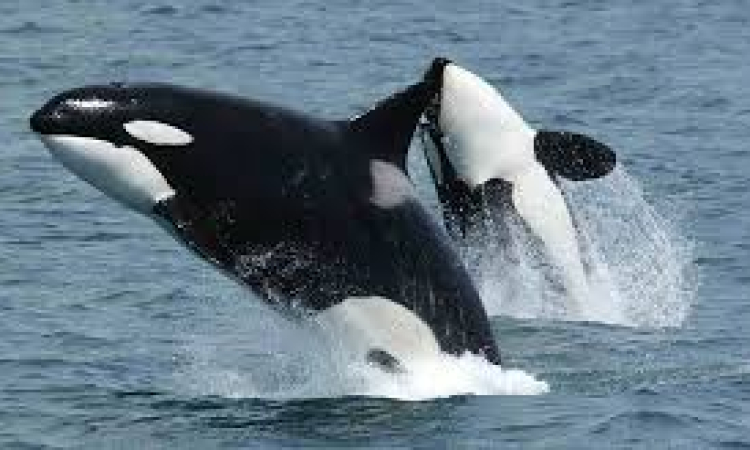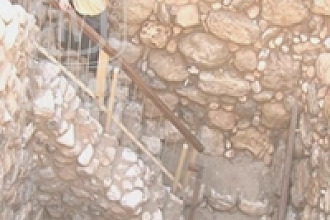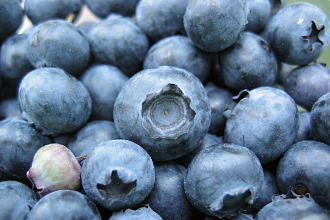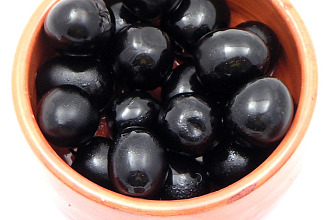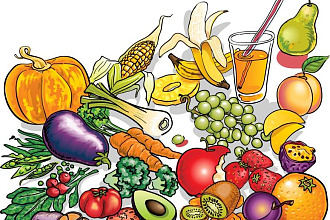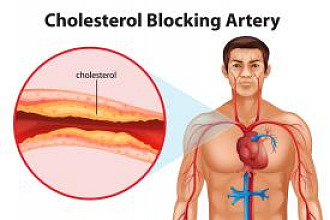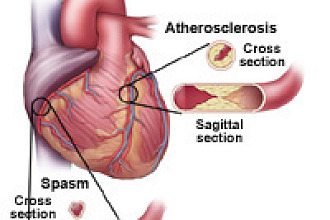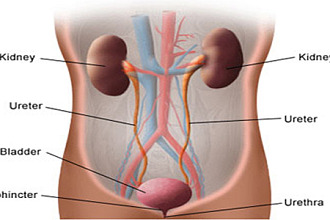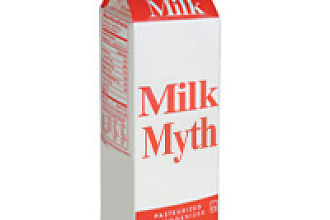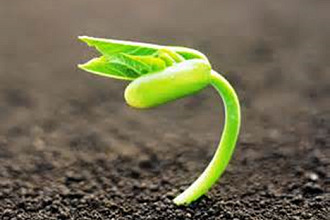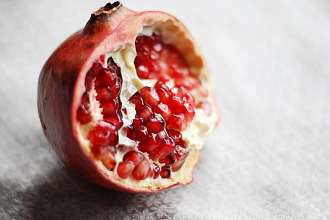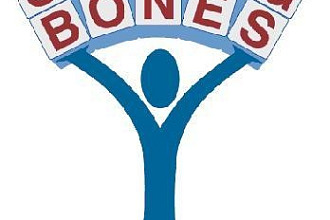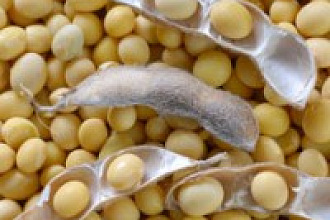It can be easy to feel overwhelmed by the momentous issues facing our environment today.
Between rampant deforestation, rising greenhouse gas emissions, mass species extinctions, water scarcity and food shortages, things are not looking up. More than any other industry, animal agriculture has become a leading driver of all these major issues. Producing the incredibly high volume of animal products demanded by our meat-centric diets requires an inordinate amount of land resources and freshwater supplies. On top of this, animal agriculture produces more greenhouse gases emissions than any other industry, and yet, 850 million people across the world still suffer from lack of food. As our population grows to nine billion by 2050, these major issues are only set to grow exponentially, pushing our planet’s finite resources past their limit. So how big is this problem, really? Well, let’s take a look at our plates and see:
The majority of the world’s arable land is dedicated to livestock production.
{Worldwatch}
We’re using precious land resources to produce food for our food. Not exactly efficient.
{Global Benefits of Eating Less Meat}
Only a small portion of all the grain grown in the United States actually goes to feed people.{
{Global Issues}
If we fed these grains to people instead of livestock, it could make a huge dent in world hunger.
{Gardeningplaces}
As the amount of land needed to grow livestock feed and graze cattle grows, the need to convert forests into agriculture land grows. This comes at a huge cost to native wildlife and plants.
{Center for Biological Diversity}
Animal agriculture’s track record for water use isn’t much better.
{Worldwatch Institute}
The bulk of our water footprints comes from “virtual” water in the meat we eat.
{National Geographic}
In addition to land and water, fossil fuels are also used to produce fertilizers for livestock feed as well as in transportation and processing of animal products.
{Worldwatch Institute}
As if pollution from fossil fuels weren’t bad enough…
{Tufts}
When you combine the greenhouse gases emitted from fossil fuel use, deforestation, and the animals themselves, animal agriculture has a huge carbon footprint.
{UN FAO/Worldwatch Institute}
While all of these statistics are incredibly daunting, it is crucial to remember that we all have the power to make a positive change every time we sit down for a meal. By opting to leave meat and animal products off our plates and eating more plant-based foods, we can leave these destructive figures off the menu as well. Reducing or eliminating your consumption of animal products can help save species from extinction, conserve land, water and grain resources, and lower greenhouse gas emissions. In fact, if you just take meat off your plate, you can cut your carbon footprint in half! Some pretty powerful stuff, huh? So if you’re looking to swap that burger for a delectable veggie burger, check out these mind-blowing veggie burger recipes. With the abundance of delicious plant-based alternatives to nearly every animal product out there, there has never been a better time to start using your daily food choices for the better.

